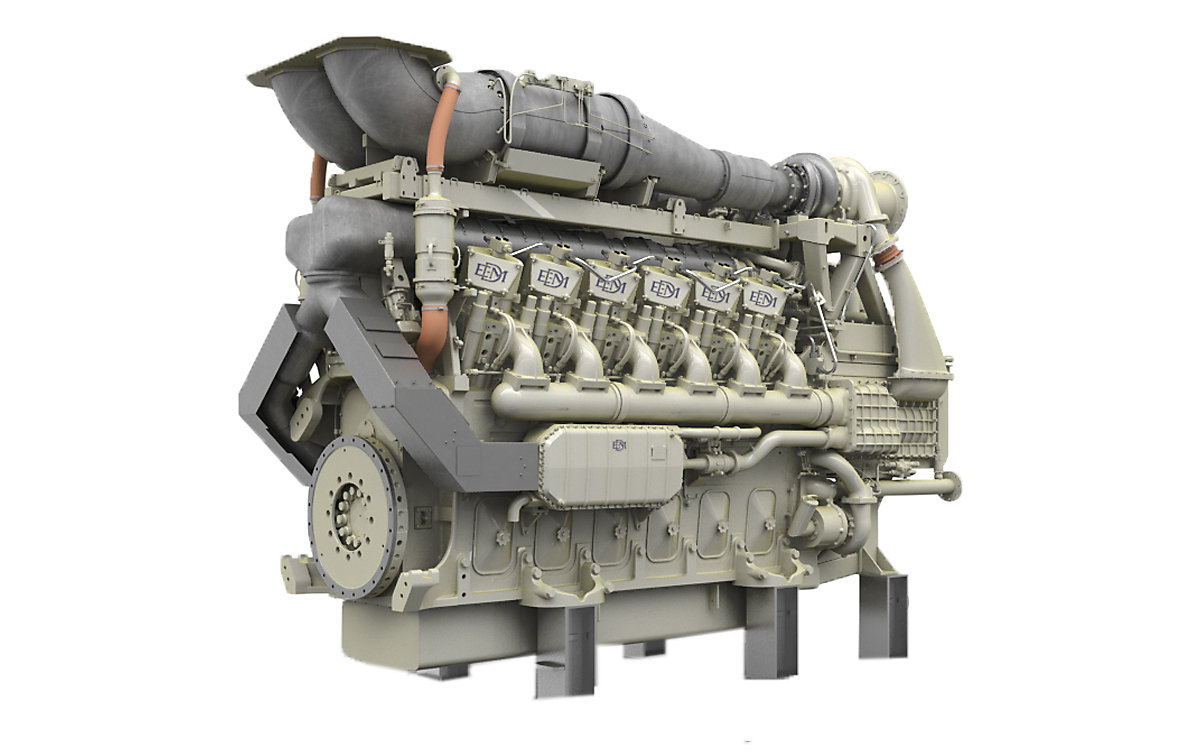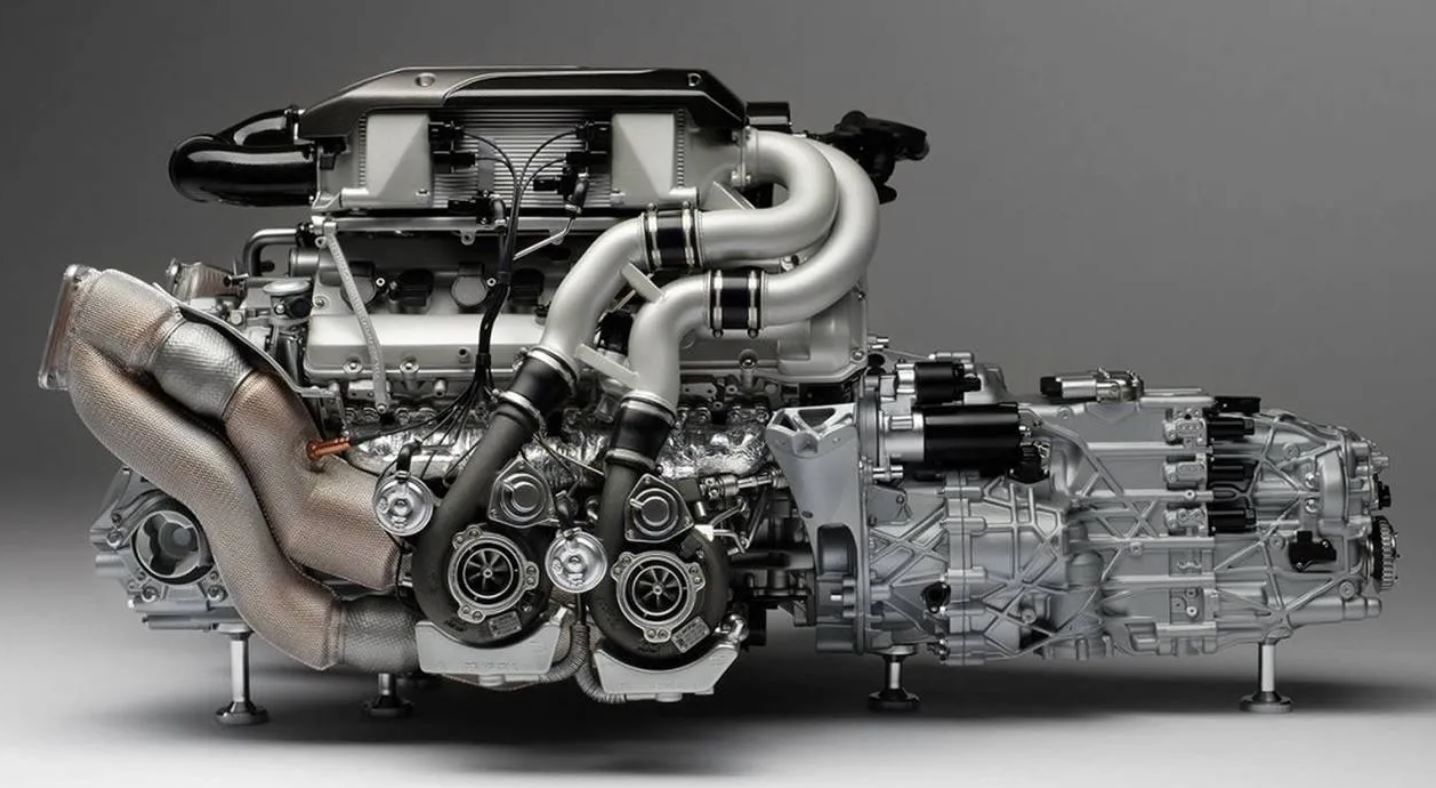Shop Engines for Africa and Even More at Our Substantial Auto Components Shop
Shop Engines for Africa and Even More at Our Substantial Auto Components Shop
Blog Article
The Quest for Ultimate Driving Power: Examining the Pinnacle of Engine Performance and Technological Innovations in the Automotive Field
In the world of automotive engineering, the quest of optimum driving power has been a relentless mission that has unravelled via the development of engine layout and the assimilation of cutting-edge innovations. From the careful craftsmanship of combustion engines to the fast developments in electric propulsion systems, the automobile industry stands at the cusp of a new age defined by extraordinary efficiency capacities. As researchers and designers dig much deeper right into the worlds of computational liquid dynamics and discover ingenious gas innovations, the perspective of possibilities broadens tremendously. Stay tuned as we unravel the intricate tapestry of technological innovations that are forming the future of automotive power and efficiency.
Advancement of Engine Design

In addition, the combination of turbocharging and supercharging modern technologies has actually changed engine design by improving power without considerably increasing engine size. These forced induction systems press the consumption air, permitting more gas to be ignited, thus generating higher power result from a smaller sized engine. This innovation has been especially vital in boosting the performance of smaller displacement engines while preserving gas effectiveness requirements.

Performance-Enhancing Fuel Technologies
The implementation of innovative fuel technologies has actually significantly added to improving engine performance in contemporary automobiles. From conventional gas and diesel to cutting-edge biofuels, synthetic gas, and hydrogen, the automobile field is seeing a change in fuel alternatives. Biofuels, derived from sustainable resources like algae, sugarcane, or corn, offer enhanced and minimized emissions engine effectiveness. Synthetic gas, created with chemical procedures, supply high octane rankings, enhancing power result. Hydrogen fuel cells, although still in the early stages of adoption, show wonderful promise as a result of their zero-emission nature and possibility for high efficiency. In addition, fuel ingredients and detergents are being formulated to tidy engine parts, maximize combustion, and lower friction, thereby boosting general car performance. With continuous research study and growth, the quest for the utmost driving power proceeds, as engineers strive to open the full possibility of performance-enhancing fuel modern technologies in the vehicle industry.
Improvements in Electric Propulsion
Substantial strides in electric propulsion modern technology have actually reinvented the automobile market, leading the way for a brand-new age of lasting and effective transport. Electric automobiles (EVs) are getting popularity due to their ecological benefits and advancements in battery modern technology, enabling longer driving ranges and shorter billing times. Makers are spending heavily in r & d to enhance the efficiency of electrical propulsion systems, concentrating on enhancing power output, enhancing energy efficiency, and decreasing overall weight.
One notable development in electrical propulsion is the advancement of sophisticated electrical motors that supply higher torque and power density, leading to improved velocity and general driving efficiency. Furthermore, regenerative braking systems have been improved to store and capture energy throughout deceleration, additional improving the efficiency of EVs.
Moreover, the combination of smart technologies, such as expert system and predictive analytics, is optimizing the management of electric propulsion systems, guaranteeing optimal performance under numerous driving conditions. These developments in electric propulsion are reshaping the automotive landscape, driving the sector in the direction of a much more sustainable and amazed try here future.
Impact of Computational Fluid Characteristics
With developments in electrical propulsion pushing the borders of automobile innovation, the integration of Computational Liquid Characteristics is playing a critical duty in enhancing wind resistant performance and improving overall performance in car design. Computational Fluid Characteristics (CFD) entails using computer system simulations to analyze the circulation of air around a vehicle, making it possible for engineers to predict just how design modifications will impact the rules of aerodynamics without the demand for pricey physical models. By precisely modeling air movement patterns, CFD enables the improvement of automobile forms to minimize drag, boost air conditioning, and boost stability.
One trick benefit of using CFD in car design is the capacity to iterate swiftly, exploring countless style variants to recognize the most aerodynamically efficient services. This repetitive process results in automobiles that are not just sleeker and extra visually appealing however also a lot more fuel-efficient and eco-friendly. Additionally, CFD enables designers to enhance air movement around elements such as radiators, engine bays, and wheel wells, contributing to improved performance and total driving experience. Finally, the combination of Computational Liquid Characteristics stands for a significant action forward in the pursuit for supreme driving power and effectiveness in the vehicle market.
Future Patterns in Engine Development
In the vibrant landscape of vehicle design, advanced innovations are shaping the future trajectory of engine advancement. The future of engine layout is noted by a useful link solid focus on performance, sustainability, and efficiency. Producers are increasingly concentrating on developing engines that not only supply high power outcomes but additionally focus on ecological obligation by lowering discharges and enhancing gas performance.
One popular trend in engine development is the surge of electrification. Hybrid and electric powertrains are acquiring traction as viable alternatives to conventional burning engines. These innovations offer the possibility for significant decreases in carbon emissions and increased power efficiency, aligning with global efforts to combat climate adjustment.
Moreover, improvements in products science and production methods check are allowing the production of lighter and extra long lasting engine elements. This shift towards lightweight materials such as carbon fiber and aluminum alloys adds to enhanced performance and gas economy.
Verdict
To conclude, the quest of ultimate driving power in the vehicle market continues to drive improvements in engine layout, gas modern technologies, electrical propulsion, and computational liquid dynamics. The advancement of these innovations is shaping the future of engine development, leading the means for more reliable and effective vehicles (engines for africa). As the industry remains to press the boundaries of what is possible, we can expect to see also much more groundbreaking developments in the pursuit for peak efficiency
One of the crucial landmarks in engine style development is the transition from traditional carbureted engines to contemporary fuel-injected systems. By specifically metering the gas shipment to each cyndrical tube, fuel-injected engines optimize burning, resulting in better efficiency and reduced environmental influence.
Additionally, the integration of turbocharging and supercharging technologies has actually revolutionized engine style by improving power without dramatically raising engine dimension (engines for africa).The application of advanced fuel innovations has substantially contributed to improving engine efficiency in contemporary vehicles. Additionally, gas additives and cleaning agents are being formulated to clean engine parts, optimize combustion, and decrease friction, thereby increasing overall vehicle efficiency
Report this page